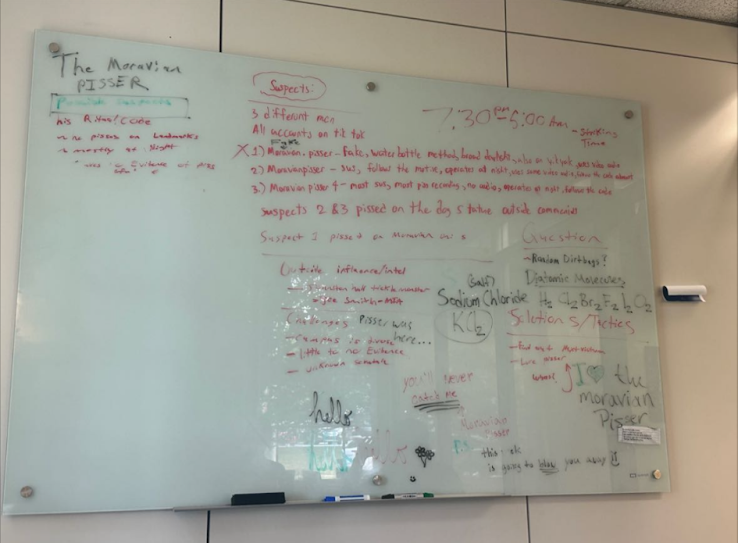
The old saying is, “Time in the market is better than timing the market,” making investing beneficial for any college student.
However, investing can be both confusing and scary, especially when you don’t know where to start.
Gavin Wagner ‘27, a finance major and president of the Amrhein Investment Club, explained that it is important for students to understand how money works within the stock market.
“Find a credible source such as Bloomberg, MarketWatch, and speak with faculty and advisors. There are a lot of people [on campus] with financial backgrounds,” Wagner said.
There are multiple platforms to open investment accounts, such as retirement and IRA accounts, and brokerage accounts. With retirement accounts, you typically cannot withdraw any growth until you reach a certain age, somewhere around 65 years old. Brokerage accounts do not have this same requirement, and you can withdraw your funds at any time.
Some well-known and recommended companies to open investment accounts with are Vanguard, Charles Schwab, and Fidelity, which Wagner suggests.
There are also companies, often referred to as robo-advisors, that will manage your investments for you, such as Acorns.
Cael Markle ‘26, a marketing management major and Amrhein Investment Club’s small-cap fund manager, explained that he began investing with a robo-advisor.
“They’re good for beginners because they automate everything and make investing easy,” Markle said.
“I think that Acorns is an awesome concept to automatically invest your spare change in your daily purchases using a debit/credit card,” said Dylan Fosko ‘26, an accounting and finance double-major and Amrhein Investment Club’s Market Researcher. “It can be a great way to just get started if you fear putting in the money by yourself, but I would be cautious of the decisions made by any form of AI/Robo-advisor.”
Wagner does not recommend using robo-advisors at all but says people should consult with a financial advisor when managing their investment portfolio.
When students are choosing which stocks to invest in, Wagner suggests selecting stocks of companies that they know, such as Apple, Sony, or other large companies. These stocks are more stable, he said.
Markle recommends index funds, ETFs, and high-yield savings accounts, and Fosko said U.S. Treasury bonds are good for a more passive approach, or blue chip stocks such as Amazon, Apple, Google, etc.
Fosko, like Wagner, also said to consider companies whose products you use every single day to invest in.
If students notice their investments are dropping in profit, Wagner and Markle say not to panic. Instead, they recommend analyzing the market. Wagner explained that when a new president takes office, the stock market fluctuates but after a few months will return to a more stable position.
“If you’re investing for the long term, it’s usually best to hold on and wait for it to recover,” Markle said. “Selling too soon could mean losing your money.”
Building financial literacy is important to maintaining a lifelong healthy relationship with money, whether in relation to savings, spending, investments, or other endeavors.
Some resources to start growing your financial knowledge are: The Intelligent Investor by Benjamin Graham, A Random Walk Down Wall Street by Burton G. Malkiel, When Markets Collide by Mohamed A. El-Erian, https://www.investopedia.com/, Wall Street Journal, and more.
The Amrhein Investment Club is now hosting personal finance meetings after their primary meetings on Wednesdays at 7 p.m. in Comenius, room 121.







